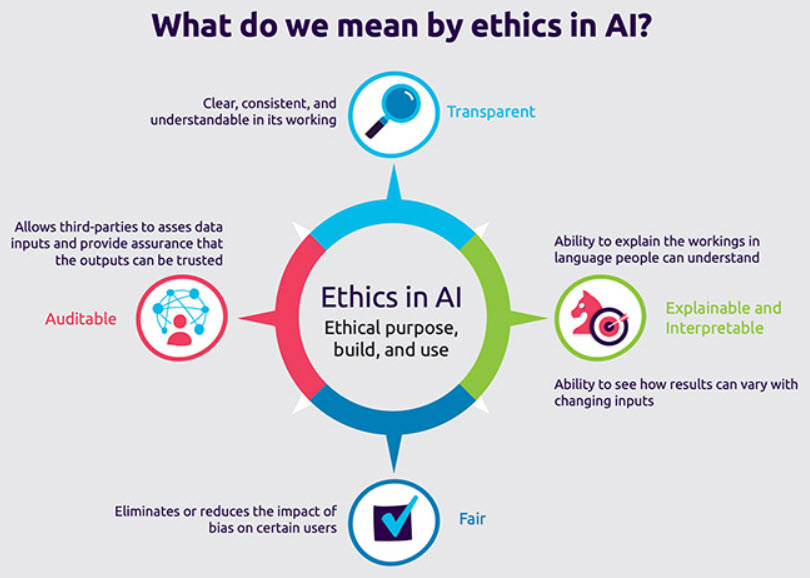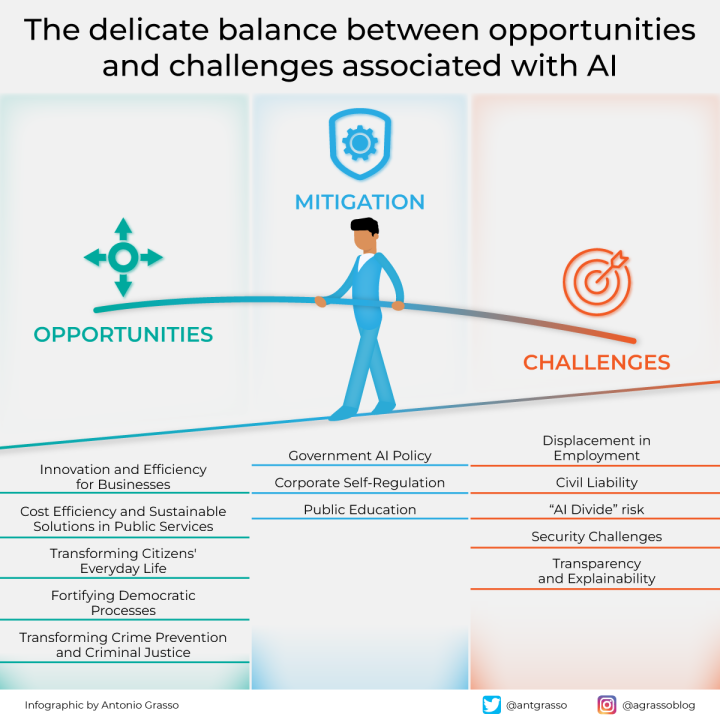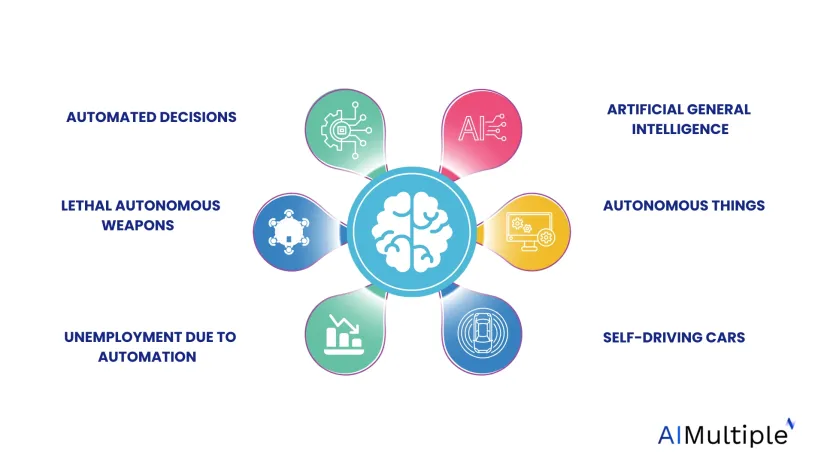Uncover the transformative power of AI in our latest blog post as we break down its benefits, challenges, and ethics.
Table of Contents
Artificial Intelligence, or AI, has become a ubiquitous term in today’s technological world. It is the driving force behind innovations that are reshaping industries and changing the way we live and work. In this blog series, we will delve into the realms of AI, from its historical roots to its current applications, benefits, challenges, and ethical implications.
Introduction to AI
AI refers to the simulation of human intelligence in machines that are programmed to think and learn like humans. Machine learning and neural networks are at the forefront of this field, allowing machines to analyze data, recognize patterns, and make decisions without human intervention.
Historical Context
The concept of AI dates back to the 1950s when the term was first coined. Over the years, significant milestones have been reached, from the development of expert systems to the rise of deep learning technologies.
Current Applications
AI is being utilized across various industries, from healthcare to finance, to improve efficiency and decision-making processes. In healthcare, AI is helping in diagnostics and personalized treatment plans. In finance, AI is being used for fraud detection and investment strategies.

Image courtesy of www.markovml.com via Google Images
Benefits of AI
The potential benefits of AI are vast, including increased productivity, personalized experiences, and improved healthcare outcomes. AI has the power to transform industries and enhance the quality of life for individuals around the world.
Challenges and Ethical Concerns
Despite its benefits, AI presents challenges such as privacy breaches, job displacement, and bias in algorithms. Ethical concerns also arise, as the technology raises questions about accountability, transparency, and moral implications.

Image courtesy of www.linkedin.com via Google Images
Future Direction of AI
The future of AI looks promising, with advancements in autonomous systems and human-AI collaboration on the horizon. As AI continues to evolve, it will play a pivotal role in shaping the future of society and the economy.
Can Skynet Happen?
The concept of a malevolent AI taking over the world, as portrayed in the Terminator movies, raises questions about the potential dangers of AI. While such a scenario remains a work of fiction, the importance of implementing safeguards and ethical guidelines cannot be understated.

Image courtesy of emiratesscholar.medium.com via Google Images
The Role of Regulation and Governance
Regulation and governance are crucial in ensuring the responsible development and deployment of AI technology. Policymakers and industry leaders must collaborate to establish guidelines that prioritize the ethical use of AI for the greater good.
Public Perception and Education
Public perception of AI plays a vital role in shaping the trajectory of the technology. Greater awareness and education about AI are essential to dispel misconceptions and foster a more informed dialogue about the benefits and risks associated with AI.

Image courtesy of research.aimultiple.com via Google Images
Conclusion and Call to Action
As we navigate the complex landscape of AI, it is imperative to stay informed and engaged in the ongoing discourse surrounding its development and ethical implications. By fostering a culture of responsible innovation and education, we can harness the full potential of AI for the betterment of society.
Join us on this journey through the world of AI, as we explore the opportunities, challenges, and ethical considerations that come with this transformative technology. Together, we can shape a future where AI is used responsibly and ethically for the benefit of all.



Comments